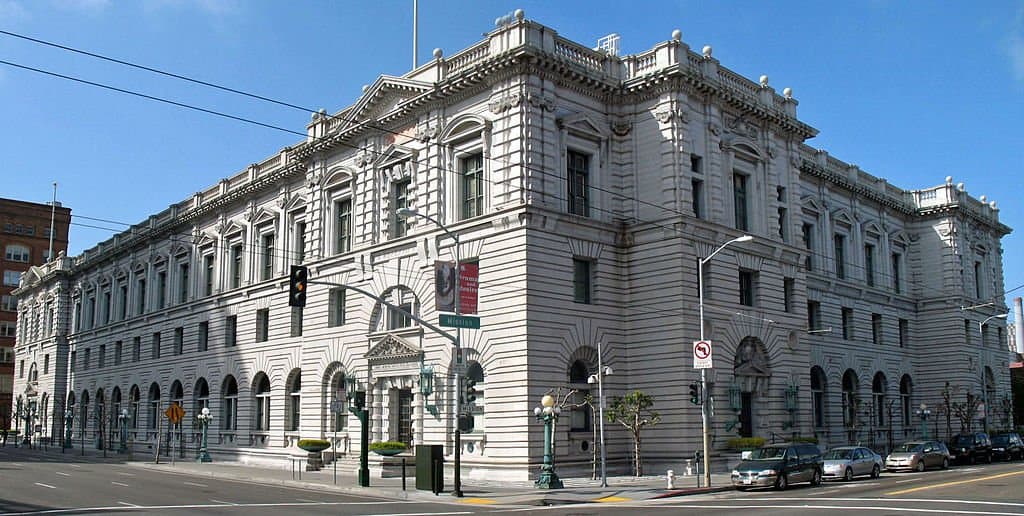
Maddie Chang is a student at Harvard Law School.
In today’s news and commentary, Amazon cannot compel arbitration for a privacy class action claim, more than 150,000 federal workers in Canada go on strike, and workers at Trader Joe’s stores in New York City and Oakland begin union votes.
Yesterday, the Ninth Circuit ruled that Amazon cannot compel plaintiffs to bring a class action claim that the company spied on workers’ private Facebook group in arbitration, and that it must handle the suit in court. Amazon Flex driver Drickey Jackson represents a class of about 800 workers in a suit against Amazon that alleges that Amazon illegally monitored and wiretapped drivers’ closed Facebook groups. Amazon Flex drivers, who use their own vehicles to make last-mile deliveries for Amazon, used the Facebook groups to communicate about things like unionizing efforts and working conditions.
Plaintiffs claim that Amazon monitored these groups and intercepted communications between drivers without their consent, in violation of California privacy law and federal wiretapping law. Amazon argued that the matter should go to arbitration, as per an arbitration provision in the contract drivers signed upon hiring. But in upholding the district court ruling, the Ninth Circuit found that the drivers were not performing services for Amazon when communicating on Facebook. A union organizer, for instance, who didn’t work for Amazon could have also joined the Facebook group, and could also have brought the claim. Jackson’s claim thus does not directly arise from or relate to his Amazon contract, and does not have to go to arbitration.
More than 150,000 federal workers in Canada have gone on strike after the government failed to reach an agreement with the federal workers’ union on wages and work-from-home policies. Workers, represented by the Public Service Alliance of Canada, are asking for wage increases to keep up with inflation, as well as flexible work-from-home options and better family leave policies. The strike encompasses 120,000 workers who are employed by Canada’s Treasury Board and 35,000 workers from the country’s tax collection agency. The stakes of a non-agreement and extended strike are especially high as Canada’s tax filing deadline approaches at the end of April.
Today and yesterday, workers at two Trader Joe’s stores cast their vote on whether to unionize. Yesterday, the Essex Crossing location in New York City held a vote to join Trader Joe’s United, an independent union that has unionized stores in Massachusetts, Minnesota and Kentucky. The Essex Crossing location is the biggest Trader Joe’s store in the region, and would be the first Trader Joe’s in New York to unionize. Today, workers at the Rockridge Trader Joe’s store in Oakland, CA will hold a vote as well, after filing for a union election last month. Trader Joe’s United is calling for wage increases, better access to health care, improvements to company health and safety measures, and for guaranteed contributions to employees’ retirement plans.






Daily News & Commentary
Start your day with our roundup of the latest labor developments. See all
March 2
Block lays off over 4,000 workers; H-1B fee data is revealed.
March 1
The NLRB officially rescinds the Biden-era standard for determining joint-employer status; the DOL proposes a rule that would rescind the Biden-era standard for determining independent contractor status; and Walmart pays $100 million for deceiving delivery drivers regarding wages and tips.
February 27
The Ninth Circuit allows Trump to dismantle certain government unions based on national security concerns; and the DOL set to focus enforcement on firms with “outsized market power.”
February 26
Workplace AI regulations proposed in Michigan; en banc D.C. Circuit hears oral argument in CFPB case; white police officers sue Philadelphia over DEI policy.
February 25
OSHA workplace inspections significantly drop in 2025; the Court denies a petition for certiorari to review a Minnesota law banning mandatory anti-union meetings at work; and the Court declines two petitions to determine whether Air Force service members should receive backpay as a result of religious challenges to the now-revoked COVID-19 vaccine mandate.
February 24
In today’s news and commentary, the NLRB uses the Obama-era Browning-Ferris standard, a fired National Park ranger sues the Department of Interior and the National Park Service, the NLRB closes out Amazon’s labor dispute on Staten Island, and OIRA signals changes to the Biden-era independent contractor rule. The NLRB ruled that Browning-Ferris Industries jointly employed […]